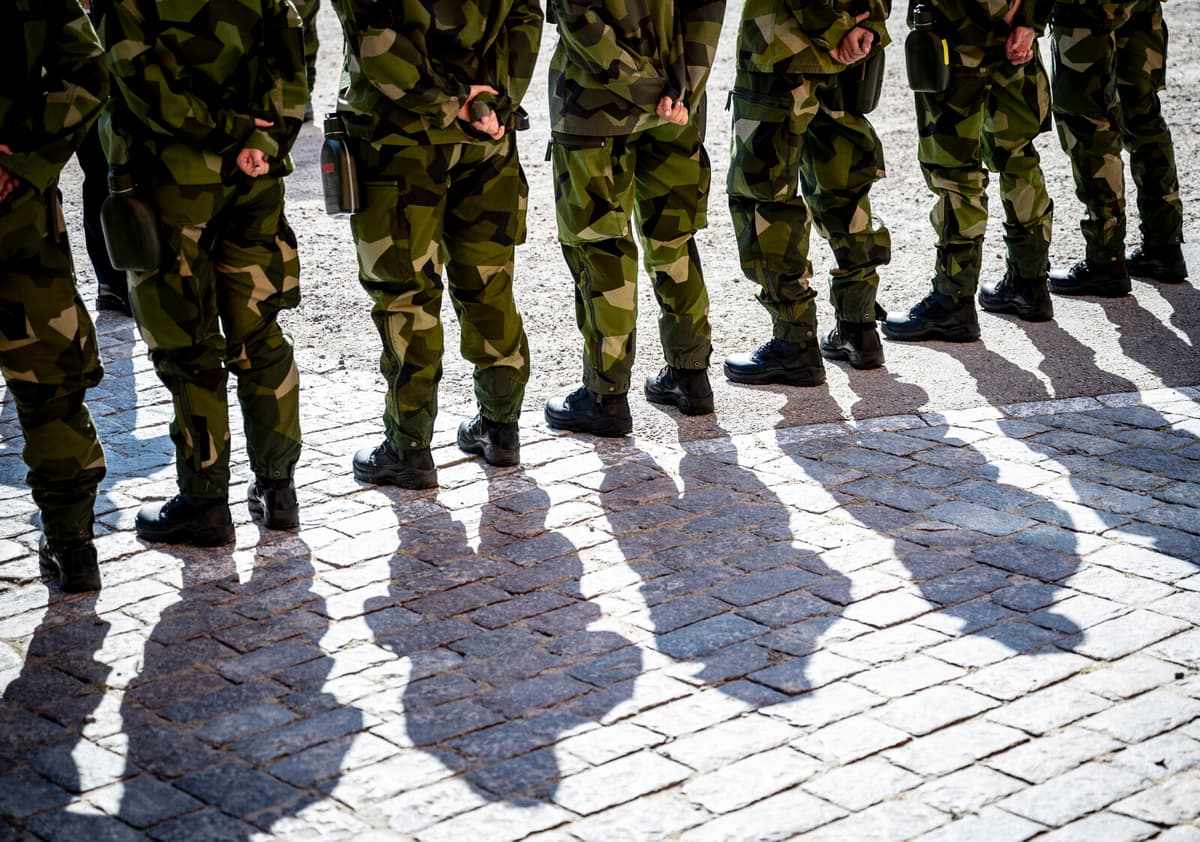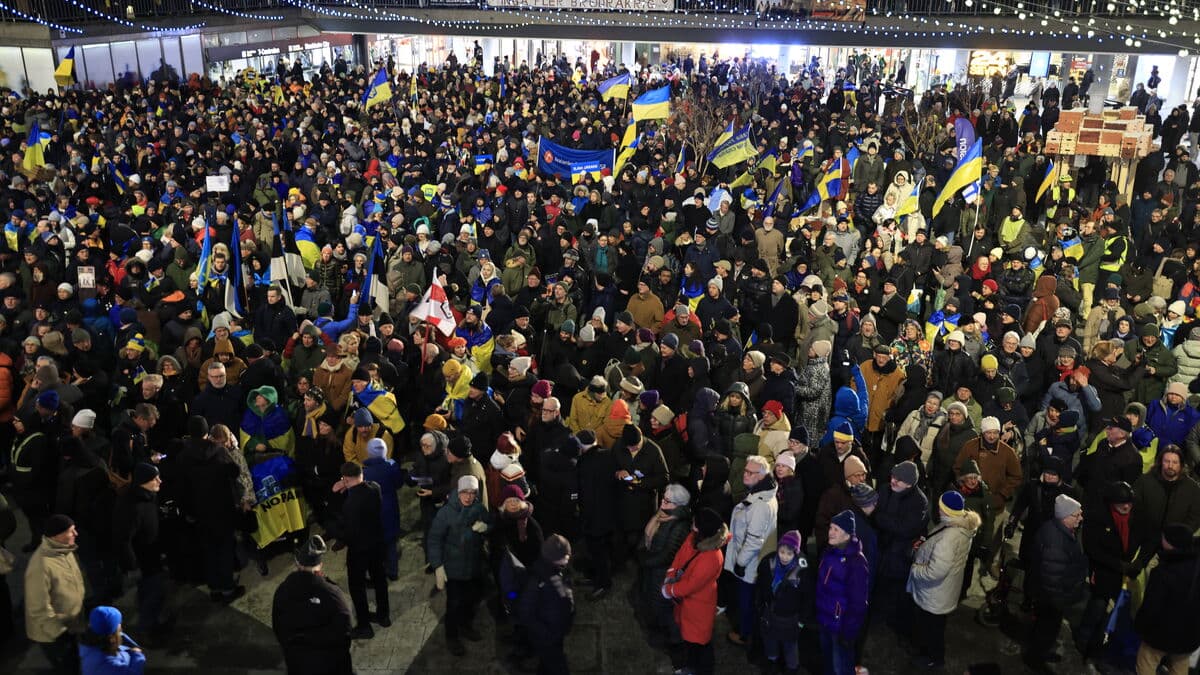The Conscription Agency's survey among 17-year-olds shows that 57 percent are willing to participate in a combat role for Sweden's defense.
If it also includes defending Finland, the figure drops slightly, to 48 percent – and for other NATO countries, 37 percent are willing to take a combat role.
We are new NATO members and I think many people in the population wonder what it means in practice for us, says Christina Malm, Director-General of the Conscription Agency.
Finland "closer"
The issue also includes a discussion about what one is allowed to use conscripts for in NATO contexts, which has not yet been answered, she emphasizes.
This is a question that politics is looking at. On the one hand, we should be a credible member of NATO, and maybe not just be able to say no to using conscripts, at the same time as this is a very intrusive legal instrument with conscription.
Finland and possibly also the Baltic States may feel closer to Swedish youth than imagining being sent to Turkey, she says.
I think this will be a gradual cultural journey for all of us.
Against their will
This year, 8,000 young people will be conscripted. The number is expected to increase to 10,000 by 2030, and then to 12,000 between 2032 and 2035.
To be able to fill the positions, the requirements for certain services have been lowered, both in terms of physical fitness and aptitude as well as psychological tests.
However, the Conscription Agency still expects that more young people who do not want to will be forced to do military service in the future.
In the cohort we are mustering now, born in 2006, we have called 28,500 – of whom 6,000 had stated that they were not interested, says Christina Malm.






